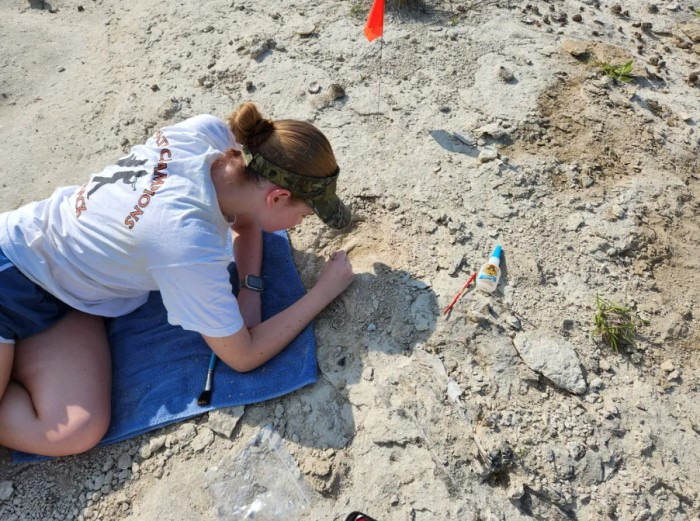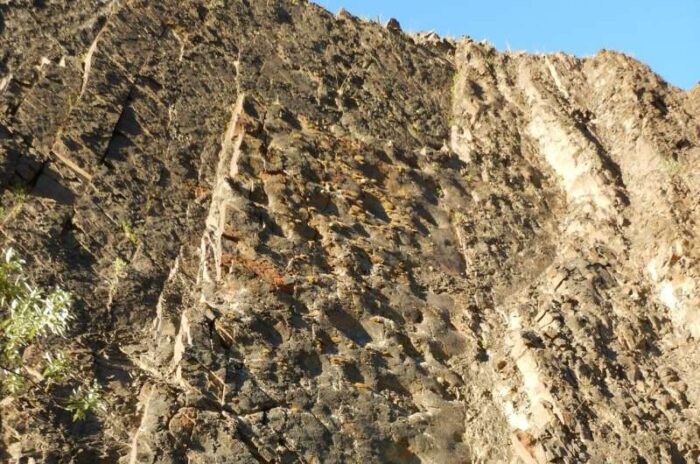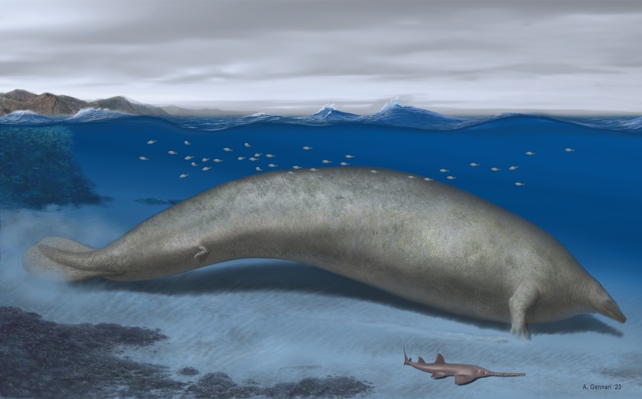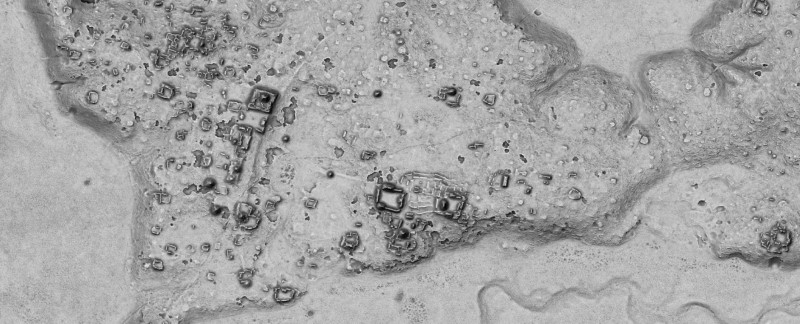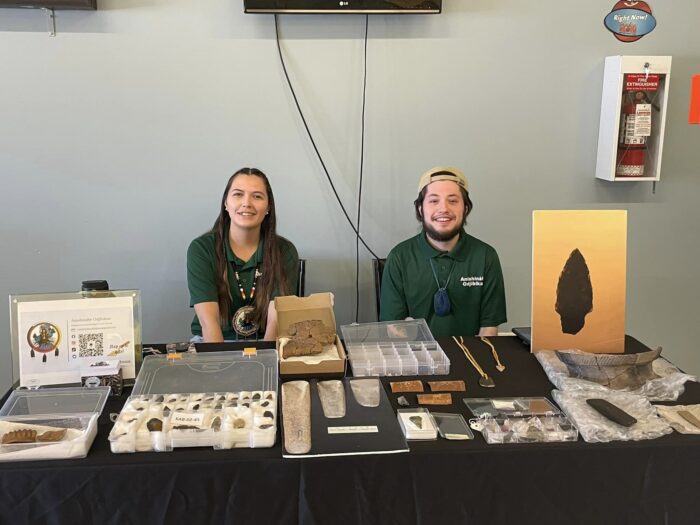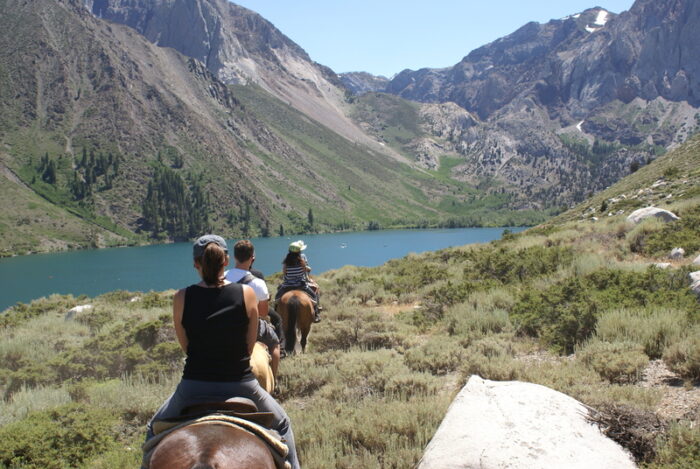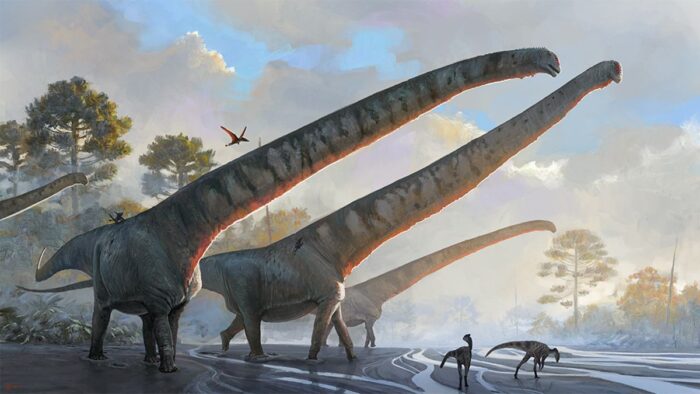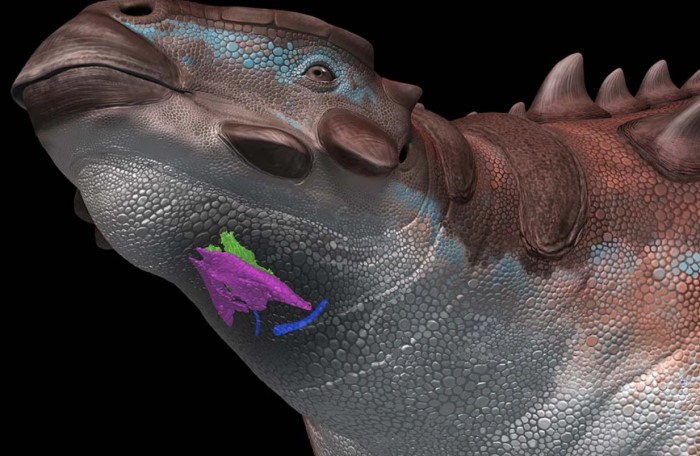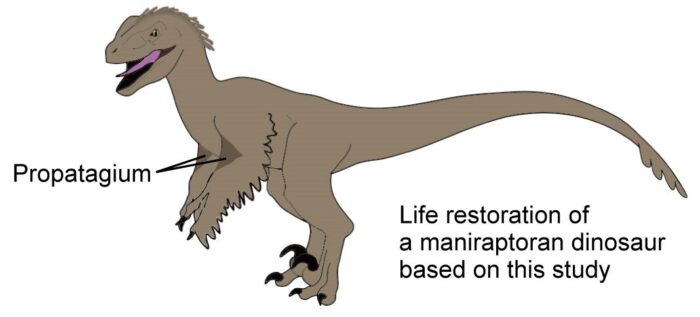An asteroid finished off the dinosaurs, right?
It used to be that that was an undisputed fact. And it still sort of is.
Yes, we now know that, in a way, dinosaurs never died out completely—they are still here today in the form of their descendants: birds. But there's no doubt that the famous asteroid impact of 66 million years ago wiped out most major dinosaur species. After that event, there were no more tyrannosaurs or ceratopsians or ankylosaurs or hadrosaurs ...
But did that asteroid kill off a thriving, dominant group of animals? Or were these creatures already on their way out?
On the decline
A new global study claims that many dinosaurs were already on the decline long before the asteroid hit Earth. Researchers looked at over 1600 fossils to determine what was happening to dinosaurs near the end of their era. They concluded that a lot of larger and older dinosaur species were already having trouble adapting to Earth's changing climate.
How did they know this? And how was the climate changing?
Let's go one at a time ...
Diversity down
How were species like ceratopsians (horned dinosaurs) doing in the period before the asteroid arrived? (Getty Embed)
An excellent way to tell the health of any ecosystem is by looking at its diversity. This is not the total number of animals, but the total number of different animal species living in a certain place or time. For example, you can have lots of animals living in a particular habitat, but if it's dominated by two or three species, then that's not a very good sign.
The team's research found that by 76 million years ago, dinosaur diversity was way down. That's a full ten million years before the asteroid! They found this by looking at the diversity of fossils found and comparing them by their age. In particular, older species of dinosaurs were having a really challenging time staying alive. And that's because the Earth was cooling off.
Cooling down
During the last part of the Cretaceous, the climate cooled off by a remarkable 7°C (12.6°F). Though this change was gradual, researchers believe it was too much for many larger species to handle. (Getty Embed)
By the late Cretaceous period (the final dinosaur era), the Earth was really changing. The old mega-continents were breaking up, sea levels were rising as the land moved, and overall, the climate was cooling.
This was really bad news for larger dinosaur species because they needed the warmer temperatures to keep their massive bodies, well, warm. As the temperatures went down, some mid-sized to smaller dinosaur species could adapt their bodies to the new climate, while the bigger species could not. And there was another problem, too.
Many of the dinosaurs species that were dying out were herbivores that were an essential source of food for carnivores. So even some dinosaurs that could handle the temperature change were still losing their favourite dinner.
The study's conclusion? Because of climate change and lack of diversity, many dinosaurs were already in trouble long before the asteroid hit.
Is this correct?
Critics of the study say that fossils are too unreliable a source to make such claims. After all, only a tiny fraction of dinosaurs ever got fossilized, and we haven't even discovered all of those ones yet. (Never mind the dinosaurs species that were never fossilized at all!)
In other words, there were many more dinosaurs that we still have no idea about. Maybe there were a lot of newer dinosaurs that were doing just fine thank you very much! That would change this study quite a bit.
But in the end, all that scientists can do is use what they know. And in that case, fossils tell them an intriguing tale about the story of dinosaurs nearing an end before the space rock had its say.
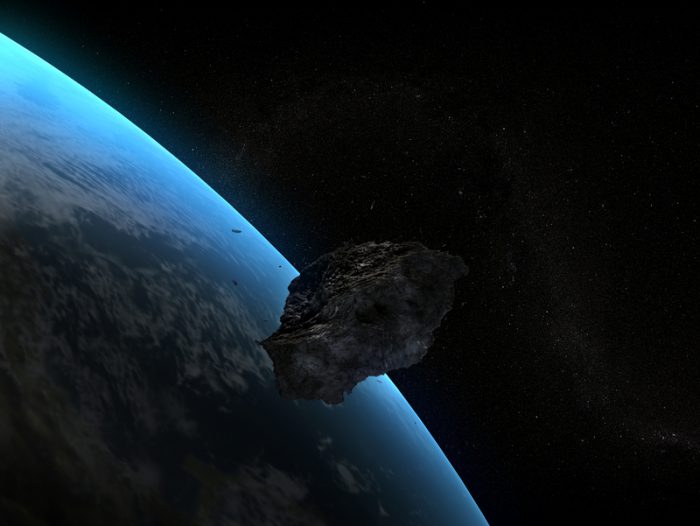 Asteroids may have only been part of the story of dinosaur extinction. (ID 895232 © Sebastian Kaulitzki | Dreamstime.com)
Asteroids may have only been part of the story of dinosaur extinction. (ID 895232 © Sebastian Kaulitzki | Dreamstime.com)
